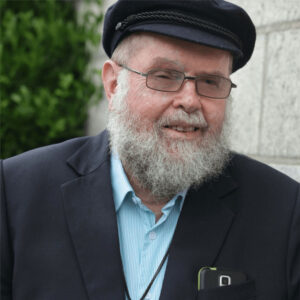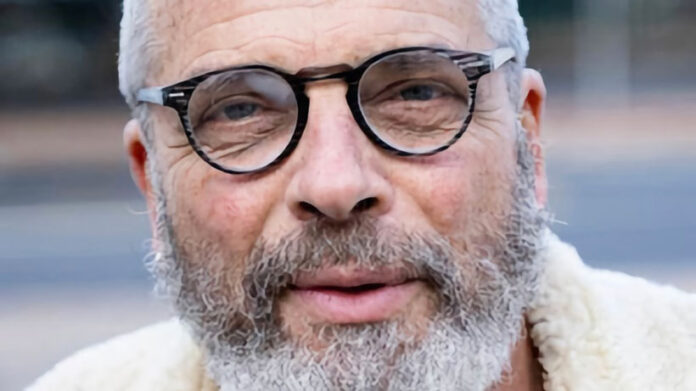Two prominent Anglican priests in the Church of Southern Africa have urged clergy to practice civil disobedience after the provincial synod declined to authorize any form of blessing for same-sex couples on September 26. The Rev. Michael Lapsley, a nonviolence advocate, and the Rev. Canon Chris Ahrends, former chaplain to the late Archbishop Desmond Tutu, both condemned the bishops’ decision in sharp and emotional language.

“[The Anglican Church of Southern Africa] has gained worldwide negative publicity with its latest slap in the face to the LGBTQIA+ community (including many devout Anglicans who are in civil partnerships), and their ‘straight’ allies,” Lapsley wrote on the Facebook page of the Diocese of Saldanha Bay. Bishop Raphael Hess of Saldanha Bay proposed the resolution to allow same-sex blessings.
“Despite the Synod of Bishops being encouraged to support the motion, it did not stop 3 of the bishops rising to oppose the motion,” Lapsley wrote. In announcing the synod’s decision, the province did not specify how many bishops opposed the resolution. It said the the resolution failed on a show of hands.
“To add insult to injury, ACSA published a photo of the public blessing of a tree. The irony seemed to have escaped the Church,” Lapsley added. The photo was distributed more widely by Anglican Communion News Service.
Bishop Anthony Poggo, Secretary General of the Anglican Communion, blessed the tree as part of a communion-wide emphasis on creation care.
“Bishop Poggo also amplified the Five Marks of Mission amplified as fundamental to all the elements of our ministry, namely to tell; to teach; to transform; to tend; and to treasure,” the bishops said in a post-synod communiqué. “He identified in three succinct headings the controversial issues facing the Anglican Communion: human sexuality; the ordination of women to the priesthood and episcopate; and what constitutes our identity as Anglicans.”
There is no indication of what else Bishop Poggo might have said about those topics.
In calling for civil disobedience, Lapsley turned to South Africans’ memories of resisting apartheid.
“During the struggle years, we were all encouraged to disobey unjust laws and follow our consciences,” Lapsley wrote. “Now it is time for individual bishops and priests to go ahead and offer blessings and prayers to same-sex couples in committed relations and to disassociate themelves from this immoral decision by the Provincial Synod, regardless of the consequences.”
Ahrends, writing in the Daily Maverick, was no less scathing in his condemnation of the synod and the bishops. “For how long will the church’s ministry be defined and determined by synod delegates whose homophobia is at odds with scripture, with the very example of Jesus, with the position of those like Archbishop Tutu, Pope Francis and many others, and, in the case of South Africa, at odds with the constitutional rights afforded to all citizens?”
He added: “It’s time for a form of ‘civil disobedience’ within the church — call it ‘ecclesiastical disobedience’ — by clergy of conscience.”
The proposals considered by the provincial synod were minimalist compared to the liturgies authorized within the Episcopal Church and the Anglican Church of Canada. The resolution began by invoking Pope Francis and the informal blessings he approved through the declaration Fiducia Supplicans. The resolution did not mention, however, the sharp rejection of the pope’s innovation by Roman Catholic bishops throughout Africa.
“The Doctrine of Marriage is not compromised,” the resolution said. “Marriage is still upheld as the ‘union between one man and one woman for life.’”
In preparing for the synod, bishops had gathered 16 widely varying prayers, including one prayer that did not bless a same-sex relationship but sought to encourage such a couple to seek change in their lives.
Archbishop Thabo Makgoba had urged the church to support some form of blessing when the 16 proposed prayers were released.
“Many of our young people have already moved on from the debate, finding it difficult to understand why we can bless their dogs, cats, and guinea pigs in services commemorating St. Francis of Assisi, but not their LGBTQI friends in committed relationships,” the archbishop wrote in May. “The recent decisions of the Church of England and Pope Francis of the Roman Catholic Church to allow blessings for same-sex couples only add to their questions and confusion.”




